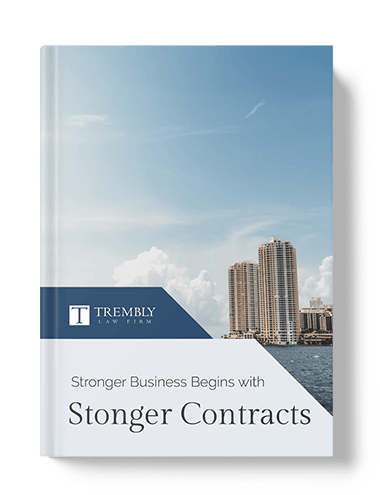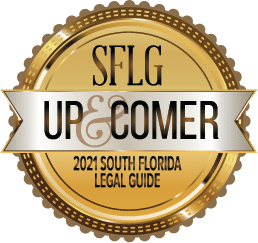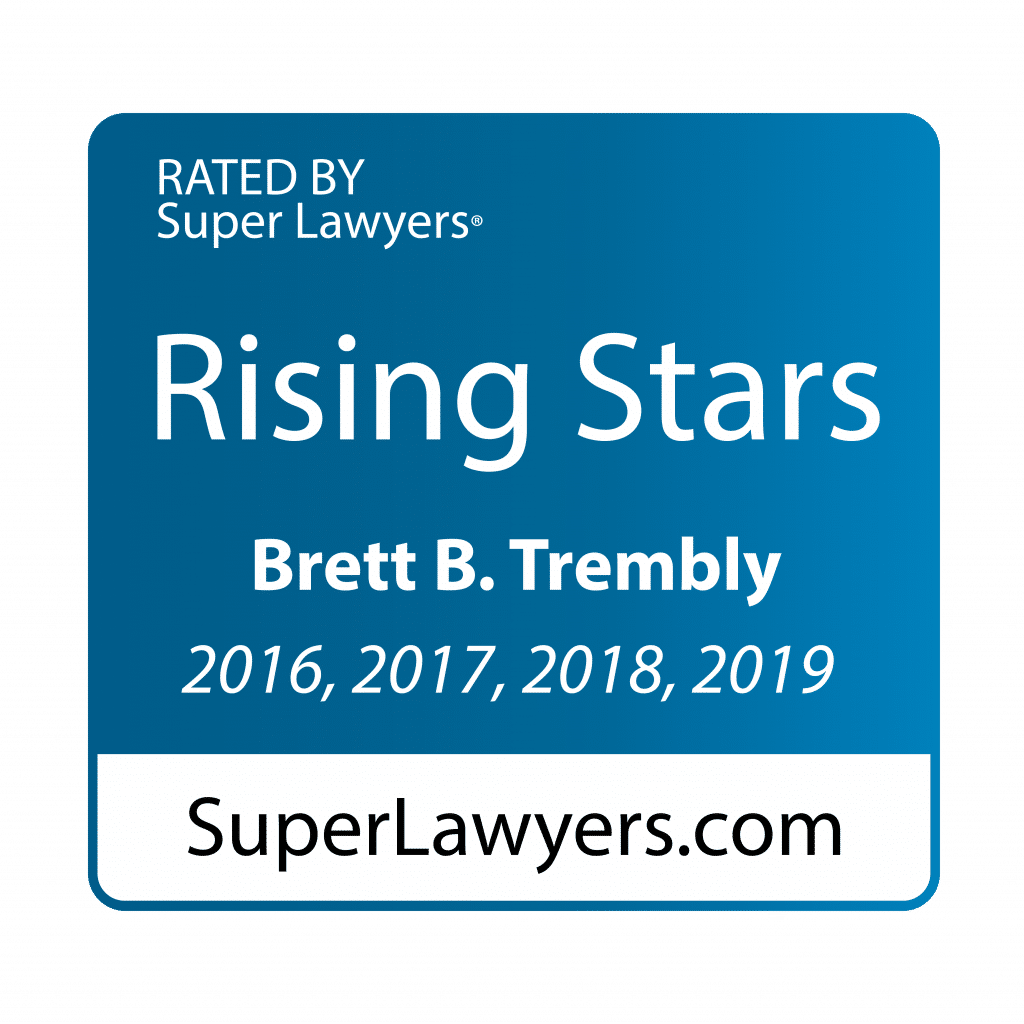
It is time to prepare your business to minimize disruption due to the potential spread of COVID-19 (“Coronavirus”). While it’s certainly not time to hit the panic button, we’re here to help you be prudent, and prepared, in case of illness, self-isolation and a potential quarantine that could affect you and/or your employees. This bulletin will provide you with information and resources to assist you in making preparations. We are also sharing the steps that we are taking to prepare our firm for minimal disruption.
In late January of this year, a new coronavirus (“coronavirus disease 2019” or “COVID-19”) emerged in Wuhan, Hubei Province, China. COVID-19 continues to expand globally with just under 1,000 confirmed cases in the United States, including a case(s) of community spread.[1] At this time, employers and employees alike are trying to determine how COVID-19 will affect them personally, in their communities, and in their workplaces.
While many questions remain unanswered, Trembly Law is assisting employers struggling with the myriad of issues they are experiencing or bound to face in the workplace. This guide is meant to be a means to assist employers in addressing some common questions, issues, and locating authoritative resources, which will need to be reviewed periodically to stay abreast of recent developments.
Additionally, we are closely monitoring President Trump’s announcement last night of a $50B relief package for small business owners negatively affected by the coronavirus and its wide-spread economic implications.[2] Trump announced that he plans to direct the SBA (Small Business Administration) to make the funds available through low-interest loans, and to increase the amount available from $8B to $50B. When the information on who is eligible and how to apply is available, we will be there to share the information and assist all Miami and South Florida business owners that need help applying. We will continue to issue updates as more information becomes available.
What is COVID-19 and How Will It Affect Your Business?
- According to the Centers for Disease Control (“CDC”), the new coronavirus, named 2019-nCoV, is a respiratory illness that can spread from person to person. The CDC reports that some infected persons have shown no symptoms, but others have become severely ill and deaths have been reported.
- The virus is thought to spread mainly between people who are in close contact with one another (within about 6 feet) through respiratory droplets produced when an infected person coughs or sneezes. It also may be possible that a person can get COVID-19 by touching a surface or object that has the virus on it and then touching their own mouth, nose, or possibly their eyes, but this is not thought to be the main way the virus spreads.[3]
Employers Must Know
- Employers in the United States must still comply with all applicable employment laws and regulations laws, such as:
- Title VII of the Civil Rights Act;
- Family and Medical Leave Act (“FMLA”)
- Americans with Disabilities Act (“ADA”)
- Rehabilitation Act
- Genetic Information Nondiscrimination Act (“GINA”)
- Health Insurance Portability and Accountability Act (“HIPAA”), and
- National Labor Relations Act (“NLRA”).
- Despite the foregoing, these laws and regulations are not intended to interfere with or prevent employers from following the CDC’s guidelines and suggestions concerning steps employers should take regarding the Coronavirus.[4]
- Employers must be familiar with the above legal and regulatory framework and coordinate with their counsel to ensure compliance.
Employers Must Do
- Prepare
- It is highly likely that your employment manual or handbook was not written with the idea of a pandemic in mind.
- Even so, a well written manual may serve as a helpful guide in these early stages.
- Follow the federal and state governments’ guidance as developments and changes are occurring daily, if not, multiple times during the day.
- Begin to work with counsel to develop policies and procedures to respond to ongoing developments and provide employees with guidance, on issues such as:
- what to do about to employees seeking to return to work after traveling to and from affected regions;
- Should employees travel internationally, if so, what precautions are necessary;
- respond to concerns related to employee’s own business or personal travel; and
- how to prepare my business and operations to respond to the rapidly evolving circumstances (i.e., remote employees, managing leave policies, and applicability of contractual obligations).
How We Are Preparing at Trembly Law
- With some disruption to business due to illness, self-isolation and a potential quarantine we are taking steps to minimize the potential disruption.
- Communication with our team members. We are communicating our emergency plan and relevant safety information to our employees and are addressing their concerns.
- Testing our remote voice/computer infrastructure. Our infrastructure allows us to work from home if needed. For example, our voice systems can be transferred to our team member’s homes. We are currently testing our systems and protocols.
- Secure systems and smooth transfer. Our team members can log to our secure computer systems remotely and work from home. We are closely working with our IT to test and maintain our remote connections.
- Our policies. We are currently revising our policies to ensure that they are compatible with this evolving situation.
- Risk Assessment. We are carrying out risk assessment on the type of work and how long the employees are expected to work at home.
Best Practices for Basic Prevention Of The Coronavirus[5]
- The best way to prevent illness is to avoid being exposed to this virus.
- Self-Protection
- Clean your hands often and avoid close contact.
- Protecting Others
- Stay home if you’re sick, cover coughs and sneezes, wear a face mask if you are sick, and clean and disinfect.
Employer and Employee Resources
CDC
Florida Department of Health
Department of Labor
- Occupational Safety and Health Administration (“OSHA”) – Guidance on Preparing Workplaces for COVID-19
Contact us to discuss how we can support you and help you prepare for this challenge.
[1] “Community Spread” means a patient picked up his/her illness from an unknown infected person with whom he/she had come into contact.
[2] https://www.foxbusiness.com/politics/trump-coronavirus-relief-small-businesses
[3] See https://www.cdc.gov/coronavirus/2019-ncov/about/transmission.html
[4] See https://www.eeoc.gov/wysk/what-you-should-know-about-covid-19-and-ada-rehabilitation-act-and-other-eeo-laws

















